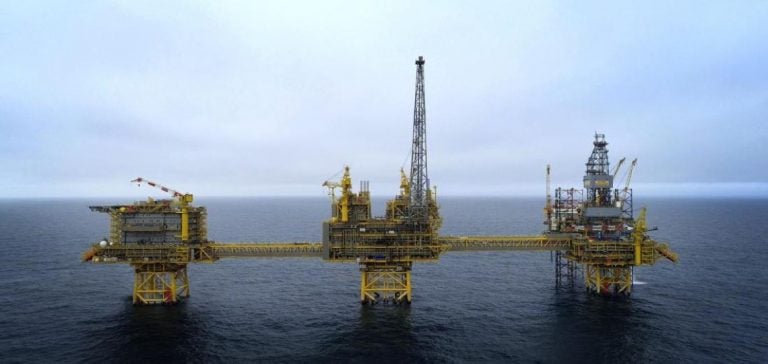National Grid completes a process of divestment from the gas sector with the sale of the remaining 20% of its stake in National Gas Transmission (NGT) to Macquarie for around £700 million.
This transaction follows a series of successive disposals since March 2022, which had already seen the sale of 80% of these assets. Through this strategy, National Grid is directing its investments towards electricity, a sector deemed more aligned with the UK’s growth prospects and energy transition. As part of its repositioning strategy, the British operator initially sold 60% of NGT for £4.2 billion to a consortium led by Macquarie.
In July 2023, a further 20% was sold for £681 million.
The complete transfer of ownership of NGT to Macquarie thus puts an end to National Grid’s presence in the management of the UK gas network, illustrating a refocusing on electricity-related assets, a sector deemed more strategic.
Macquarie strengthens its position in UK infrastructure
Macquarie, an Australian investment fund renowned for its management of energy infrastructures, becomes the sole owner of NGT.
This acquisition is part of a trend in which investment funds are turning their attention to energy assets deemed to be stable, particularly gas transmission infrastructures.
Although the UK gas sector continues to play an important role in energy production, long-term trends point to a reduced dependence on fossil fuels, particularly in view of the country’s 2050 carbon neutrality targets.
Macquarie, already active in a number of infrastructure projects around the world, sees this acquisition as an opportunity to consolidate its position in the UK.
The fund has already demonstrated its ability to manage energy assets in other regions, and the acquisition of NGT strengthens its portfolio in the UK energy infrastructure sector.
The gas sector and the energy transition
Gas remains a major component of the UK energy mix, accounting for almost 40% of energy consumed.
However, the sector is undergoing major change, with increasing attention being paid to the decarbonization of energy infrastructures.
While demand for gas could decline over the long term, technologies such as hydrogen and biogas could enable existing infrastructures, such as the NGT network, to be reused and adapted for uses more compatible with climate objectives.
The evolution of the gas network under Macquarie’s management will be closely monitored.
The fund will have to modernize and adapt existing infrastructures to integrate these new energies.
This process could include investment in storage technologies or adapting networks to accommodate less polluting gases, such as hydrogen.
Impact on National Grid and the electricity market
For National Grid, this transaction is part of a wider strategic shift towards electricity.
The company had already initiated this transition by transferring the management of its electricity transmission network to the British government.
The National Energy System Operator (Neso), a new entity resulting from this restructuring, is now in charge of planning and balancing the British electricity network.
National Grid is thus following a trend observed among several energy infrastructure operators in Europe, who are gradually moving away from gas assets to concentrate on more dynamic segments, such as electricity and associated technologies.
The British company sees this reorientation as a way of better aligning its activities with the growing need for electrical infrastructure, particularly as a result of the electrification of transport and the development of renewable energies.
Outlook for the UK’s energy infrastructure
National Grid’s sale of its gas assets raises questions about the future of gas transmission infrastructure in the UK.
While gas remains an essential pillar of energy consumption today, the ongoing energy transition is prompting operators to anticipate a decline in demand, in the long term, due to the rise of renewable energies.
The development of technologies such as hydrogen could breathe new life into gas infrastructures.
The UK government is supporting a number of research projects in this field, aimed at gradually integrating hydrogen into the natural gas network.
However, these projects are still at the experimental stage, and large-scale implementation could take several years.
The sale of the gas network to Macquarie reflects a shift in the priorities of the major energy operators.
National Grid, by focusing on electricity, is banking on a sector where growth prospects are underpinned by public policy and increased demand for infrastructure.
For its part, Macquarie will have to adapt the gas network to meet future clean energy needs, while continuing to ensure reliable service in a rapidly changing sector.





















